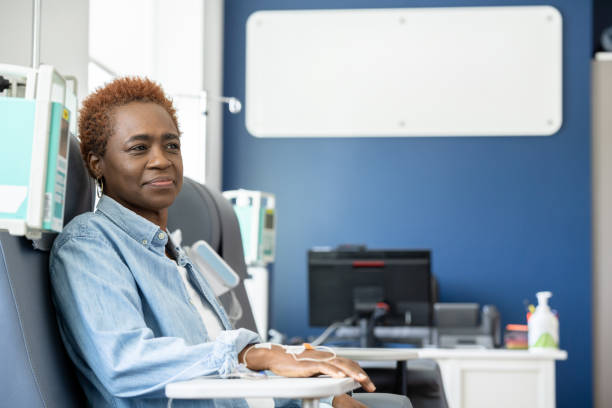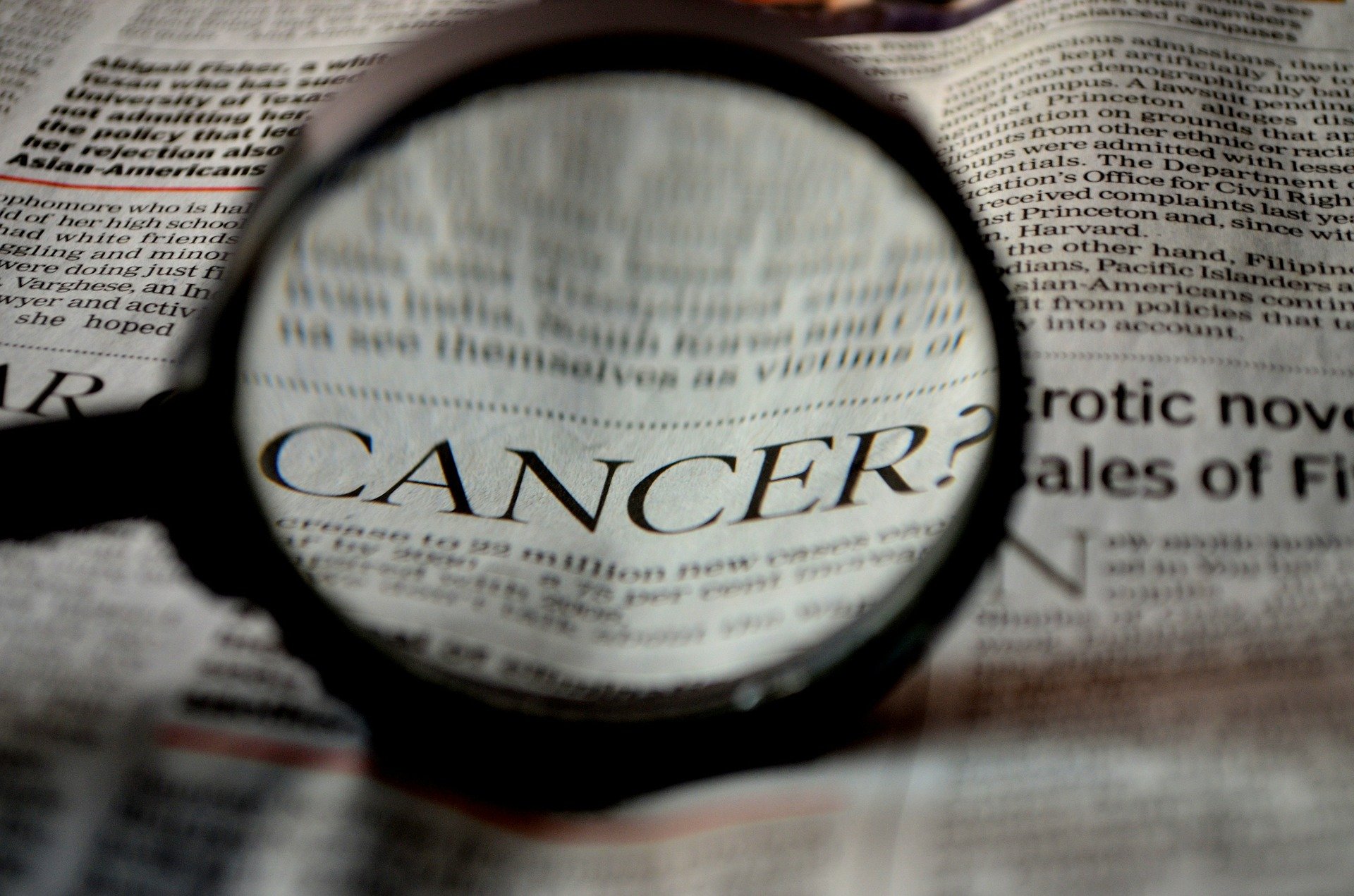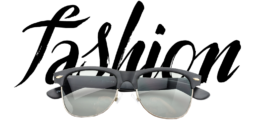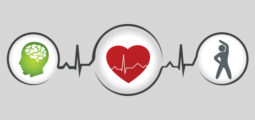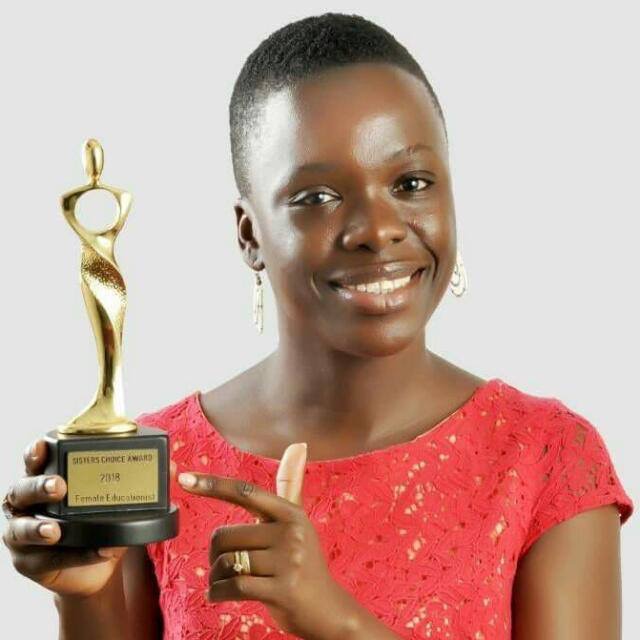MEET ARIANA
ALL ABOUT TINA DAVIES,OBE : HER LIFE, HER WORK AND BUILDING A LEGACY TO CLOSE THE CARE GAP IN CANCER
February 4, 2022
World Cancer Day is being observed today, Friday, Feb. 4.
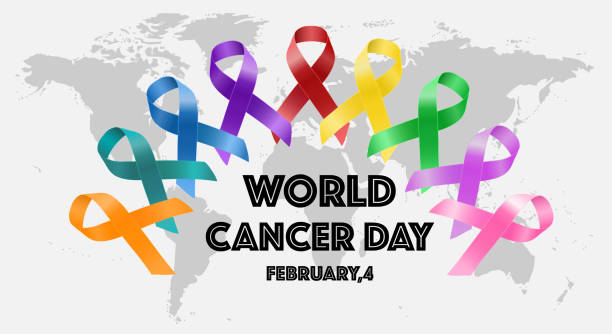
Union for International Cancer Control created World Cancer Day in 2000 to educate the public about the signs and symptoms of cancer to ensure early detection and treatment, encourage elected representatives to commit ample resources to reduce cancer mortality, and increase awareness that lifestyle behaviors can have a considerable effect on cancer risk.
The unnamed/ un- talked about illness (cancer) has become perhaps one of the most feared by all in Sierra Leone and beyond, as awareness increases so does the desire for more information as to where citizens can seek help for themselves and their loved ones.
One Lady leading the fight against cancer in Sierra Leone is Madam Tina Davies, OBE – her unique insights, approach, love for collaborative interventions and practical approach has supported hundreds of people who are fighting the disease. On this World Cancer Day, we have decided to shine a spotlight on her work as this may be the only chance for someone to get the needed knowledge and the encouragement needed to seek help or keep fighting.

Tina is a Women’s Reproductive Health Specialist Nurse. She started as a general nurse trained at St Bartholomew School of Nursing and Midwifery, City University, London. Tina is a Women’s Reproductive Health and Breast Cancer Advisor at the Well Woman Clinic. Freetown Sierra Leone and also the new CEO of Cancer Sierra Leone Limited.
It’s kind of fascinating but because her 22 years’ experience as a qualified nurse doesn’t show when you look at her. Trained at St Bartholomew School of Nursing and midwifery, City University in London. She worked as a general nurse for six months on a gynaecology ward, became senior nurse and due to her interest in women’s health, pursued Advanced Diploma in Women Health (family planning and screening) at the Middlesex University London. Then she became junior sister and deputy manager in a teaching hospital.
Due to the nature of her job dealing with women with all sorts of gynaecological problems including miscarriages, she went on to study counselling at the South Bank University London to ensure that she gives her clients and their partners the most appropriate professional support during their bereavement and grieving.
After a couple of years, moved on to become a Fertility Clinical Nurse Specialist and it’s this position that she has enjoyed very much! As she has been able to put a smile on the faces of couples who have being trying to conceive for years. She did almost all the hysterosalpingograms (HSG) tubal latency procedures and got so good at it that most women never came back to the clinic for further management, they fell pregnant within couple of months.
Tina’s consultant back then made a regular joke that it was all her fault that they were losing patients as they fell pregnant, because their department made money based on the number of visits.
This job was very exciting for me, let’s take a man with a good semen analysis and a woman with good follicular activities and endometrial thickness, she could predict inception with timed intercourses.
Despite all this excitement in her job, she wanted more. She had cared for post operative breast cancer patients, but wanted to know how they got to surgery.
Behind the Scenes with Tina Davies OBE
After a while, she applied for the position of Breast Clinical Nurse Specialist at the North London Breast Screening Unit even though she had not done the course but had a lot of women’s health experience and one of the core components was counselling. To her delight, she was offered the position as breast care sister until completion of the specialist course which she did at the Royal Marsden School of Nursing, University of West London. She also pursued a Post Graduate Certificate in nursing at the Middlesex University.
Tina moved back to Sierra Leone in 2013 due to family reasons but before relocating, she started making enquiries- visibility studies about cancer services and which facilities provide such in Sierra Leone. She was signposted to the Well Woman Clinic by Mrs Dunni Chalobah whom she first got in contact with as her patient during her diagnostic stage of her breast cancer in London. She asked me to contact Mrs Jennifer Renner-Thomas and that she will welcome my support. After few weeks of trying to settle down, Tina visited the clinic and asked for Mrs Renner-Thomas, she introduced herself and how she wanted to support her work voluntarily. She received me warmly and mentioned that Mrs Dunni Chalobah had mentioned me. After a month of our meeting, she started volunteering with training of nurses in best practice, direct patient care, advocacy, awareness and fund raining, two days a week whilst she looked for a paid job.
She went on to volunteer with the Ministry of Social Welfare, Gender and Children’s Affairs. During that period, she was the drafting child maintenance policy. After a couple of months of volunteering pro bono, she got a job as a Child Protection Consultant for UNICEF but based at the Ministry. Ebola Virus Disease (EVD) broke in Sierra Leone as all senior government staff were busy with their regular work, between the Ministry and UNICEF they agreed that she should be assigned to the Emergency Operation Centre (EOC) as the National Lead for Child Protection, Gender and Psychosocial Pilar which later became National Ebola Response Centre (NERC).
She was the only female lead and due to her nursing experience, Tina got on very well with almost everyone, she thinks it’s because she understood the task at hand and the medical jargons. Eventually with UNWOMEN and UNMEER support we launched the yellow ribbon campaign nationwide “The role of women in getting to resilient zero”
At the end of the EVD due to commitment and hard work, received a Gold Medal by former President Koroma in the Ebola Warriors Awards. Couple of months later Tina got a life changing call, she was informed by the then British High Commissioner Peter West that she had been nominated for the Order of the Most Excellent British Empire, and that it had pleased Her Royal Majesty the Queen of England to award her.
‘I couldn’t believe my ears especially when he asked, do you accept? I stopped and said yes by then I was shaking thinking is this for real!!!’
She returned to the UK, spent some time, came back and started work with United Nations Population Fund (UNFPA) as Facilities Coordination in the post EVD health systems strengthening. The construction of Kingharman Road, Rokupar hospitals and others in the districts. The one family that touched my heart was Tombowala chiefdom, Kambia District. A river rye area with fishing as the main occupation, with three primary and two secondary schools and a high teenage pregnancy rate. Due to the donors restrain for funds the project had to reduce the number of facilities from 12 to 8 and Tomowalla was not going to be amongst that 8. As the only clinician amongst the engineers who assessed the facility, she begged everyone to keep Tomowalla as it was in a sorry state and due to it’s hard to reach location, no one ventures any infrastructural development as it will be a nightmare to transport materials and get relatively experienced workers. She was able to convince both the Representative and the Minister at the time., Tomowalla has one of the best Community Health Centres that serves other three communities.
The first child that was born in the new facility was a girl and they called her Tina, I have remained in touch with the child’s family and the staff.
Due to her high-level coordination abilities, UNFPA asked her to coordinate the very first British All Party Parliamentary Group (APPG) visit to Sierra Leone with participants like Lord Hussein, Baroness Tonge, Baroness Sheehan from the House of Lords, Liz McInnes MP et al
During all of the above work she was still heavily involved with cancer and female reproductive health work at the Well Woman Clinic and cancer work. Each time she traveled to the UK , she will visit her former hospital finding stuff to bring back home like breast softies (which women will put in their bras post mastectomy to form a breast), pain medication (oral morph) for palliative care, which she donates to the palliative care team at the Connaught Hospital to ensure patients maintain their dignity whilst in pain as cancer pain is sometimes slow torture.
The clinic had funding from Heineken Africa for maternal health and construction of antenatal clinic. Due to her experience as coordinator in the construction of hospitals I became the manager and supervisor of this construction and coordinator of the antenatal project. This was a paid job as there was funding.
During the same time, Tina was asked by a friend who was constructing a maternity hospital in Aberdeen for support as he was referred to me when they got stock with the flow as they were only constructing a building with rooms. She supported the construction but necessary changes to form a health facility including separative toilets for the labour room, male and female patient toilets and construction if an incinerator. She attended community meetings to give update, facilitated the collaboration with the ministry of health for equipment and staffing for the facility which was completed and of the Aberdeen Seacoach Community Health Center was handed over to government, this was also a continuation of her pro bono work.
Tina has also been involved in scientific research:
-
Co- authors for research on Support Services for Survivors of EVD – 2014 Published in MMWR. Morbidity and mortality weekly report
-
Co-authors for research on NRA persistence in the semen EVD survivors – 2015
-
Co-author for research on NRA persistence in the Semen EVD survivors – 2017 published by New England Journal of Medicine
She remains passionate about women’s health, child protection, humanitarian and charity work, teaching and training. Madam Davies is an advocate for psychosocial support for the vulnerable, deprived and breast cancer care patients. We couldn’t resist the urge to ask Tina some pertinent questions around her work:
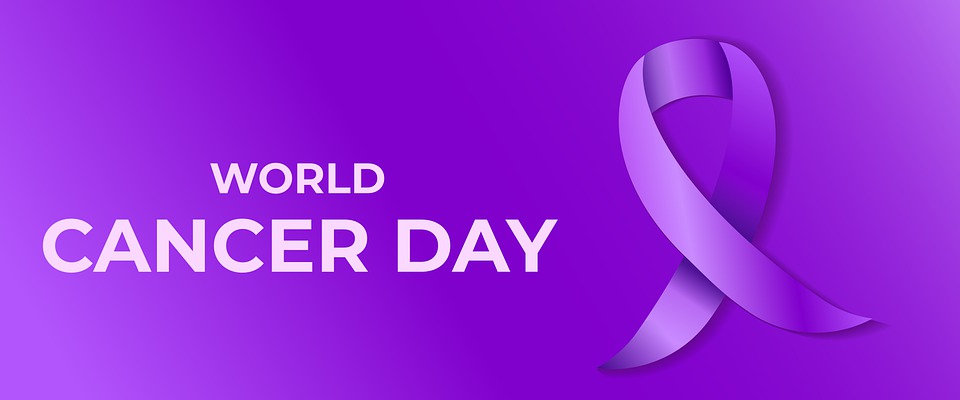
Ariana Diaries: Why did you choose the medical profession as a career, please let us into what drives your passion?
Due to my caring and humanitarian nature, I see the inequalities due to race, geographical location, gender, lack of knowledge to access care, race, low level of education. I always go by the golden rule “treat others as you would like to be treated” that individual could have been me or my loved one, so I feel compelled to help.
Ariana Diaries: What do you like most about being a nursing professional and what do you find most difficult about being a nursing professional?
I will use my fertility expertise as an example, where I have delivered expert care to a couple who are trying for a child for years, get hormonal profile and good semen analysis, start them on ovulation induction. During follicular tracking (ultrasound) you see considerable size follicles and endometrial thickness, the client and her partner are excited, and I am hopeful for them. With a good, timed intercourse and the woman conceives, that is the best feeling, making others happy to face that excitement on their faces. Unfortunately, after three months of the pregnancy the woman gets a miscarriage due to no fault of hers but just bad luck. You see the couple broken, grieving for their unborn child trying to ask themselves where they went wrong. I empathise and sometimes grieve with them, I find that moment very difficult in trying to console and give them hope at the same time.
